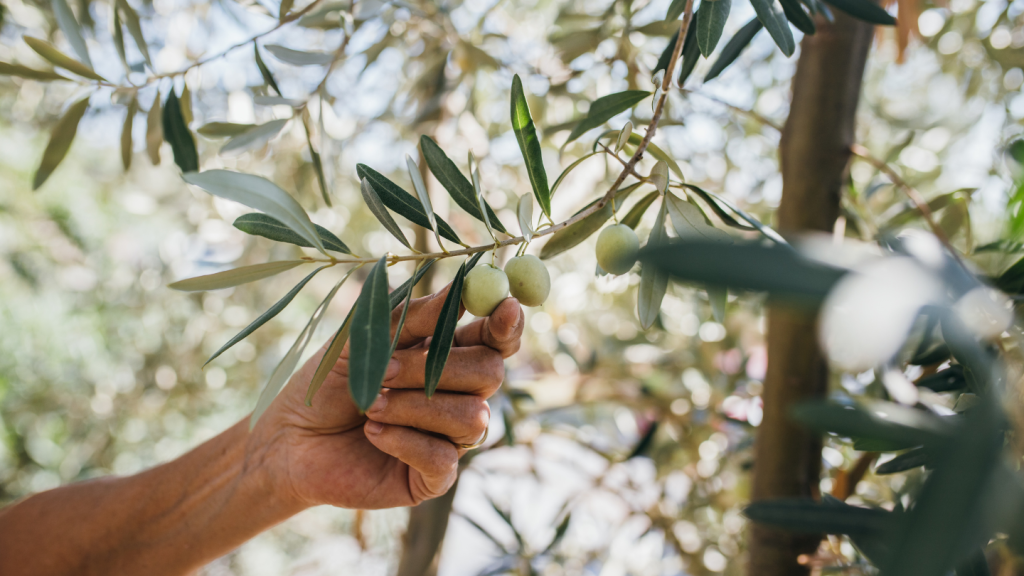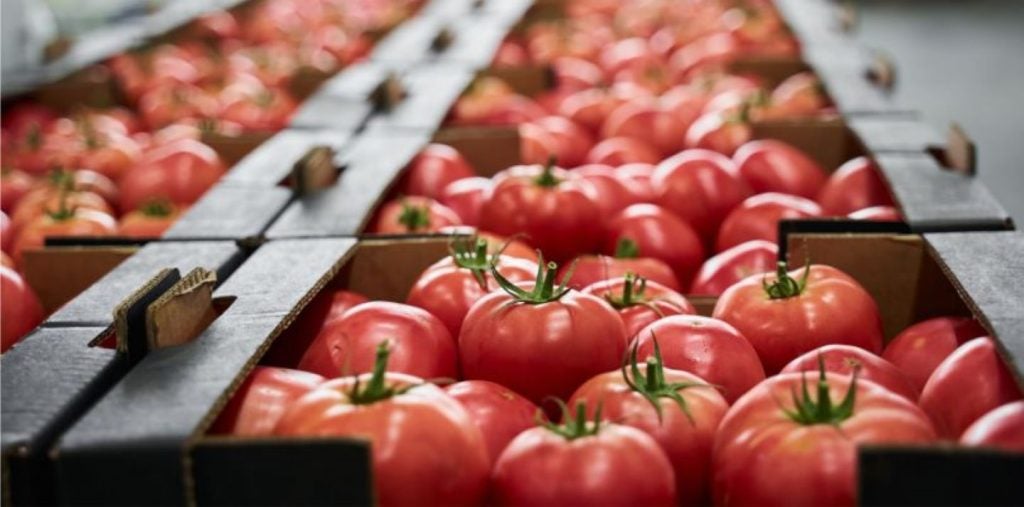Spain is attempting to come to the aid of its beleaguered olive oil industry by removing VAT on the product.
Following a cut to 5% from an original 10% last year, the government has announced the tax will be eliminated from 1 July.
The announcement was made by Luis Planas, Spain’s Minister of Agriculture, Fisheries and Food, as he revealed the country's 2023 Food Consumption Report on Friday (21 June).
The move will be approved at the next Council of Ministers to be held tomorrow (25 June).
It would see olive oil included in a group of basic necessities that apply the ‘super-reduced’ rate permanently, such as bread, fruit and vegetables and eggs.
In a message posted on social media site X, Planas said: “Next Tuesday, the government will eliminate VAT on olive oil. We protect and encourage the consumption of this healthy food, a hallmark of the Mediterranean diet and the spearhead of the Spanish agri-food sector.”
The Spanish government has taken the action to boost its important olive oil industry, hoping the move will help to keep prices down.
Olive prices have more than tripled in the last couple of years due to a severe drought in the southern Andalusia region, now into its second year, as well as supply chain inflation. While prices have come down from last year’s peak they are still close to an all-time high.
Andalusia is the largest olive oil-producing area in Spain, which produces around 50% of the world’s olive oil.
According to the International Olive Oil Council (IOC)’s weekly pricing statistics for May, refined oil prices in the Jaén area stood at €660 ($716) per 100kg, 37.2% higher than the same period in the previous crop year. Extra-virgin olive oil was up 36.1% to €710 per 100kg, a Just Food article on olive oil prices revealed last month.
The Agriculture, Fisheries and Food Ministry, speaking about the abolition of VAT in a statement quoted by news agency Reuters, said "the measure has the goal to protect and encourage the consumption of olive oil, a healthy product, whose price has increased as a result of the drought, among other reasons".
However, the move has met with some concern from Unión de Uniones, which represents Spanish farmers.
While approving the measure in general terms, it is concerned farmers may end up out of pocket.
“Farmers always end up paying for the party. This measure is very good for the consumer, but it is fiscally detrimental to the producer," it said.
Unión de Uniones has asked the Ministry of Agriculture to “intercede so that this measure is also transferred to the farmer in a positive way”.
















